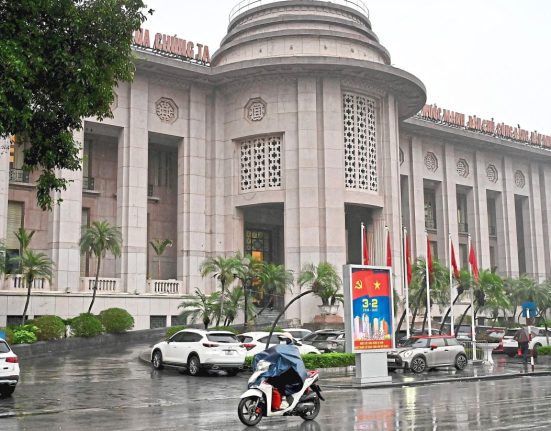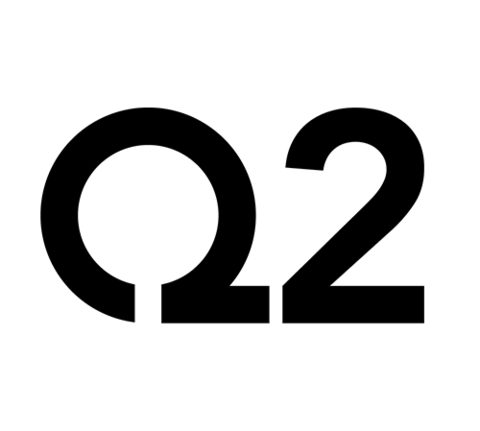In a world increasingly shaped by climate urgency and environmental, social, and governance (ESG) needs, ICICI Bank has emerged as a sustainability frontrunner in the domestic banking sector. Its holistic approach—spanning responsible lending, sustainable business practices, and digital transformation—has earned it the Business Today Sustainability Leadership Award in the BFSI category for the banking sector. The bank’s journey toward sustainability began long before ESG became a buzzword. “ICICI has been in the service of the nation for the last 70 years,” says a spokesperson from the bank. “In these seven decades, we’ve consistently aligned our goals with India’s economic and societal progress.” A significant milestone came in 2008 with the establishment of the ICICI Foundation for Inclusive Growth, aimed at deepening the bank’s impact on social and environmental development.
The lender’s early initiatives included digitisation to reduce paper usage, improving energy efficiency at branches and offices, and encouraging sustainable operations. Over the years, this transformed into a more structured and data-driven approach. In 2022, ICICI Bank adopted a board-approved ESG policy that outlined its long-term sustainability vision, guiding philosophy, and governance structure. “The policy also lays down the governance structure, the key focus areas, and commitments to the bank’s important stakeholders. As an outcome, a dedicated ESG team was set up in 2022,” the spokesperson says.
The bank utilises sector-specific ESG risk assessment questionnaires to evaluate large borrowers, particularly in high-emission sectors. ESG scores from external agencies are also factored into lending decisions. “At the end of FY25, this approach was being used across 20 sectors,” the spokesperson adds. In some instances, go/no-go criteria are used to avoid financing activities with high environmental risk. The bank has also conducted a climate scenario analysis, evaluating how physical and transition risks could impact capital provisioning and credit loss estimates. The findings have been fed into its internal capital adequacy assessment process (ICAAP).
A framework for sustainable financing has been formulated to guide green, social, sustainable, and sustainable-linked lending. ICICI Bank has taken inputs from the government’s Framework for Sovereign Green Bonds issued in December 2022. The framework specifies the eligibility criteria, applicable due diligence requirements, and the verification process for sustainable finance.
On the business side, the bank is also supporting the development of new technologies like hydrogen fuel, and battery storage systems through financing. The lender’s green financing portfolio stood at `19,366 crore as of March 2024, of which 50% was for financing renewable energy.
Internally, the bank has set a target to become carbon neutral in Scope 1 and Scope 2 emissions by FY32, as an interim step towards reducing the bank’s carbon footprint. Under the leadership of Sandeep Bakhshi, MD & CEO, ICICI Bank, the lender is using recycled paper, cutting down plastic, and installing atmospheric water generators that can produce up to 8,000 litres of drinking water per day directly from the atmosphere.
The bank isn’t only focused on the immediate impact. It’s laying the groundwork for deeper ESG integration in the years to come. A key part of this future readiness is data governance. “The bank is onboarding a digital tool with capabilities to calculate greenhouse gas (GHG) emissions across all categories specified in the GHG Protocol and to also monitor the roadmap and targets to manage the bank’s carbon footprint,” the spokesperson says.
True sustainability is not just about systems and frameworks—it’s also about people. ICICI Bank is ensuring that its workforce is ESG-ready. The bank has initiated training and awareness programmes for employees and management, leveraging both internal experts and external institutions. ICICI Bank’s commitment extends well beyond its business line. In FY24, the bank spent more than `519 crore on CSR activities, according to Primeinfobase.
ICICI Bank in the annual report FY24 said, “The CSR initiatives span the thematic areas of healthcare, environment, supporting livelihood and community development. These include both large-scale projects as well as granular initiatives under the thematic areas spread across the country. Sustainability and scalability of projects are key pillars. The bank estimates that its CSR initiatives have benefited over 12 million people thus far.”
@iamrahuloberoi







